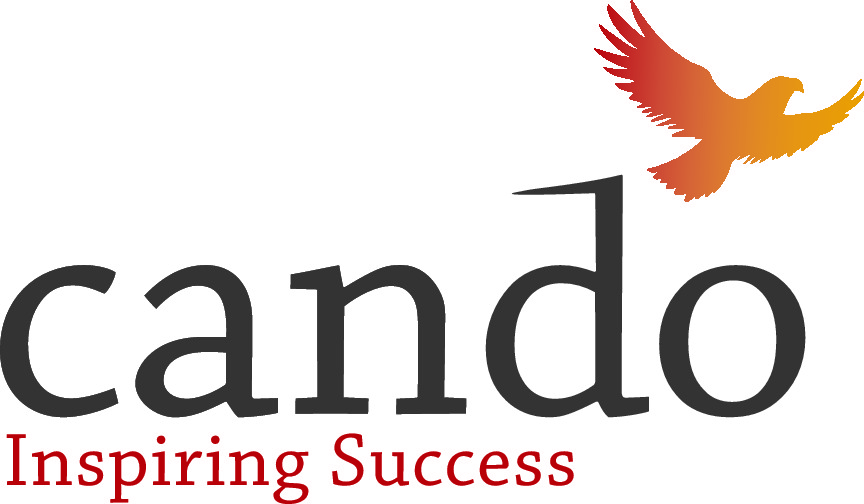Call for Papers: A Special Issue on Urban Indigenous Economic Development (Volume 16, No. 1, 2026)
Call for Papers
Special Issue on
Urban Indigenous Economic Development
Volume 16, No 1, 2026
Editors: David Newhouse, Trent University
Shady Hafez, Policy and Research Manager, National Association of Friendship Centres
This special issue focuses on the urban indigenous community economic development. As Indigenous peoples worldwide have shifted from primarily rural to mostly urban, they have developed a network of service, cultural and community development organizations over the last half-century. Newhouse in xxx described urban Indigenous economies as interwoven economies that weave Indigenous institutions and development efforts with those of the surrounding communities and economies.
Our understanding of urban Indigenous economies and development is limited. Most of the research conducted by members of the Urban Aboriginal Knowledge Network focused on social and cultural issues rather than economic issues. We are interested in examining urban Indigenous economic development.
We have a particular interest
- Indigenous urban development institutions
- Indigenous-led and collaborative efforts in economic development
- Urban Indigenous entrepreneurship
- The interplay of social work, mental health, and health and wellness programming and economic development
- The economic aspects of the arts, fine arts, music, and culture.
The journal consists of four sections: Lessons from Experience, Lessons from Research, The State of the Aboriginal Economy and Book Reviews. We invite submissions in all four areas. Lessons from Experience are small case studies that detail the efforts of individuals or organizations. Lessons from Research are papers prepared by University or community researchers or both that explore and analyze a particular Indigenous economic development issue. The State of the Aboriginal economy uses Statistics Canada data to analyze financial problems such as employment, income, participation, etc. The Book Review section brings current literature that would of interest to or use to Indigenous economic developers.
We accept diverse presentations, papers, reports of research in progress, audio, artistic or visual outcomes, interviews with Elders or community knowledge holders, poetry, stories, research, experiential learning, book or dissertation reviews, community service learning, and other forms of scholarship of engagement. To support the platform of visual or audio submissions, an online link will be provided beyond the paper and online journal.
Please submit your expression of interest as a 200-word abstract by Friday, April 30th, 2025. Your abstract can be inserted in the text of your email or as an attachment.
Send your abstract to the Journal Managing Editor at jaed@edo.ca.
The deadline for receipt of full manuscript submissions for Volume 16, Issue 1 is August 30, 2025.
For submission guidelines, please consult our website at www.jaed.ca.
Inquiries can be made to the Managing Editor (jaed@edo.ca) or to Svitlana Konoval at Cando Svitlana.Konoval@edo.ca or by telephone: 1-800-463-9300 x 231.



